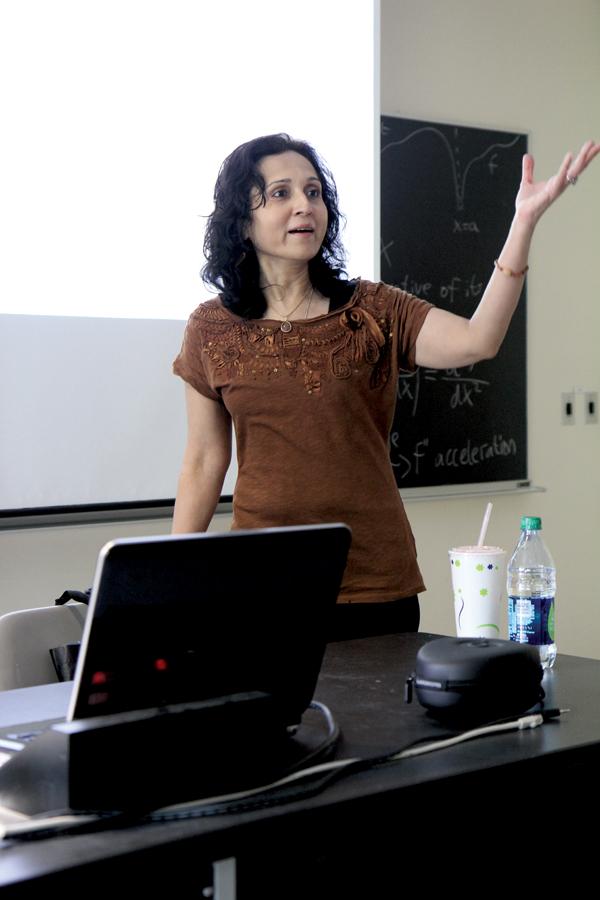
Beginning this semester, the human development department of Binghamton University’s College of Community and Public Affairs is offering a new minor in “immigration studies.”
The minor, which is open to students of all majors, consists of four core courses and two electives. The core courses of the major consist of “HDEV 361: Global Migration Flows and Processes,” “HDEV 379: Migration, Citizenship and Social Justice” and “HDEV 465: Researching Immigrant Lives,” as well as an internship focused on immigration.
According to the human development website, “the key focus [of the major] is on the effect of contemporary conceptualizations of citizenship and their translation into policies and actual everyday practices on the lives of those deemed as immigrants, refugees, or the displaced.”
Leo Wilton, the chair of the human development department, said that immigration was a “critical” issue.
“We are hoping that students develop a complex understanding of the role of immigration and citizenship in our lives within global, societal, institutional, community and individual contexts,” Wilton said.
According to Binghamton University Magazine, funding for the minor was made possible by a portion of a $6 million gift donated anonymously to the University.
The human development department is offering its first course that counts for the minor this semester, “HDEV 361: Global Migration Flows and Processes,” taught by Lubna Chaudhry, an associate professor in the department.
According to Chaudhry, her class uses literature, films and other mediums to promote discussions revolving around the histories, geographies, economies and politics of human migration.
She said immigration is particularly important because the area is a popular place for immigrants to settle.
“We have such an interesting, rich history that needs to be talked about,” Chaudhry said.
Thomas Sinclair, associate professor of public administration, feels that the immigration minor is particularly relevant for its rights-based philosophy approach to the issue.
“[The minor] is important in the current age in our global society and it is important for our social justice approach,” Sinclair said.
He added that he believed the minor’s coursework would provide a strong knowledge base for students who choose to study abroad.
Jessica Andreasen, a senior majoring in human development and a student in Chaudhry’s class, said she thought the immigration studies minor provides an educational link to “real world trends that affect everyone.”
“It is already a general education requirement to have college educated students conversable in the area of global interdependencies, but it is important to be able to put that information together in a framework to fully understand migration,” Andreasen said. “I feel that this new minor can have a positive impact on our public policy in regards to immigration and on our global social cohesion by producing qualified and educated professionals knowledgeable [about] current migration issues.”
Michaelangelo Misseri, a senior double-majoring in English and human development and also a student of Chaudhry’s, said he thought a better understanding of immigration patterns and issues that immigrants face would produce a tighter-knit University community.
“The Binghamton area is such a jigsaw puzzle of various groups of people,” Misseri said. “The minor fosters a greater sense of connection among the students, who study about the lives and struggles most immigrants face during their day-to-day lives.”


